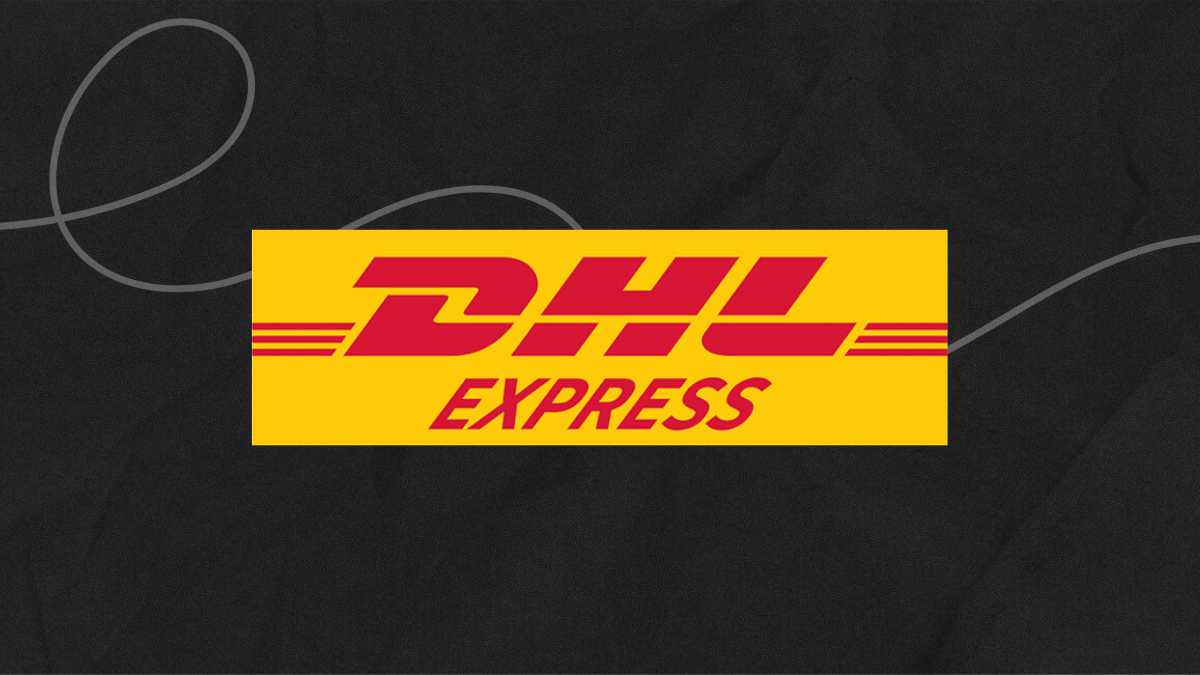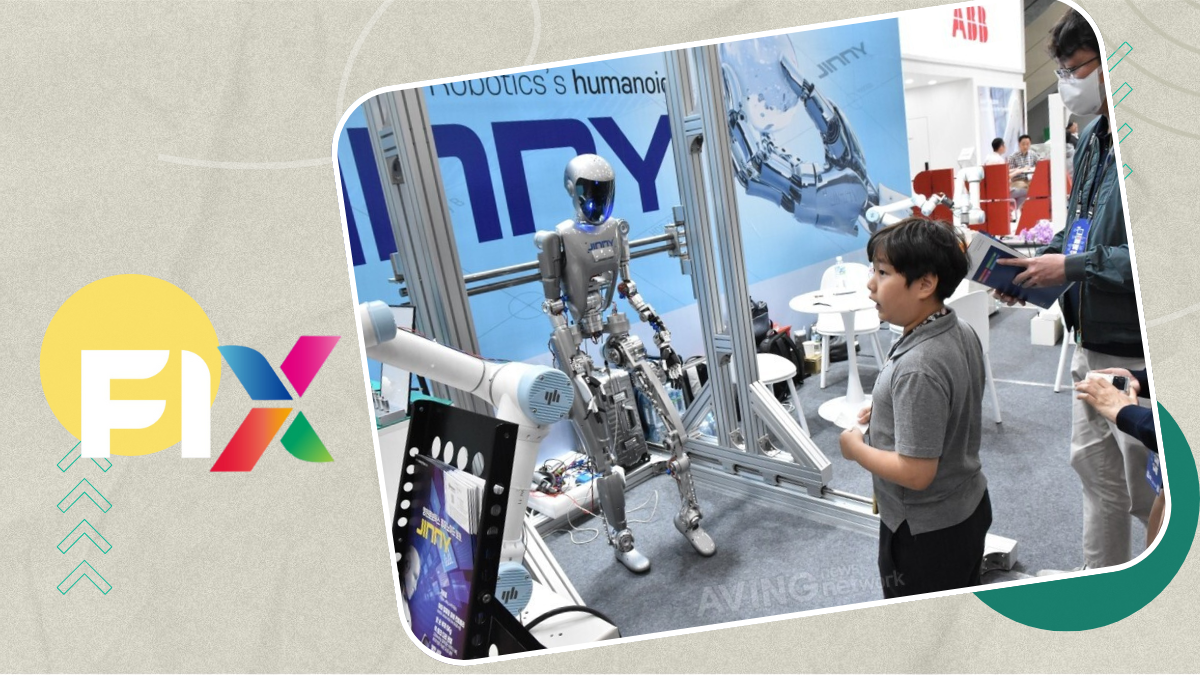DHL Express Drives Egypt’s Green Transition with Sustainable Logistics Initiative

3 min
DHL Express advances sustainability in Egypt, supporting Vision 2030 with eco-friendly logistics.
Half of the local fleet now uses more fuel-efficient vehicles, significantly cutting carbon emissions.
Recycled packaging and GoGreen Plus help customers offset emissions via Sustainable Aviation Fuel.
"Waraet Amal" project recycles paper, funding charitable causes and fostering employee pride.
Globally, DHL aims for carbon neutrality by 2050, leading the sustainability shift in logistics.
DHL Express has been making quite a splash lately with its latest push toward greener, more sustainable logistics. The company—which already dominates the international express shipping scene—has doubled down on eco-friendly practices in Egypt, aligning neatly with the country’s Vision 2030 plan for sustainable development.
Roughly half of DHL’s local fleet has now been swapped out for newer, more fuel‑efficient vehicles. It’s not a facelift just for show either; these vehicles are expected to cut carbon emissions by more than 62,000 tonnes of CO₂ every year. That’s no small feat in a sector often criticised for its environmental impact. I reckon it’s a clever move—when efficiency and responsibility go hand in hand, everybody wins.
What’s more, DHL isn’t stopping at its engines. The company’s putting recycled packaging front and centre, using boxes and honeycomb paper wraps made from reused materials. And through its “GoGreen Plus” service, customers can now offset their own logistics emissions via Sustainable Aviation Fuel (SAF)—a cleaner fuel option that trims down the carbon output of air shipments. Not exactly a walk in the park to set up, but spot on in terms of timing, given the global pressure on corporates to prove their green credentials.
The sustainability drive doesn’t end with the environment either. DHL’s “Waraet Amal” project—launched to recycle operational paper—has already processed more than 93 tonnes. The proceeds? Donated to charitable causes, including Egypt’s 57357 Children’s Cancer Hospital, which used the funds to help secure the cutting‑edge Cyber Knife medical device. On the flip side, projects like this also build goodwill internally; employees often feel prouder to work in a company that gives something back.
Country Manager Ossama Ibrahim summed it up rather neatly, noting that sustainability at DHL isn’t just a checkbox but a “long-term investment in shaping a better future” for Egypt and the generations to come. Hard to argue with that.
Globally, DHL Express has pledged to reach carbon neutrality by 2050, expanding its use of electric vans, biofuels, and digital tracking to cut waste. It’s a tall order, sure, but I’ve seen enough startups across the MENA region trying to crack sustainability to know that ambition—done right—can shift an entire industry. And DHL, well… it might just be the one setting the bar.
Truth be told, it’s encouraging to see a logistics giant take such strides. Sustainable transformation isn’t just a nice PR story anymore—it’s the direction the world’s heading. I’m not a fan of the idea that big corporations can’t change; DHL’s latest efforts are proof that even the most traditional sectors can rethink how they move goods—and maybe, just maybe, move hearts too.
(And yes, it’s definately a journey still in motion.)
🚀 Got exciting news to share?
If you're a startup founder, VC, or PR agency with big updates—funding rounds, product launches 📢, or company milestones 🎉 — AraGeek English wants to hear from you!
✉️ Send Us Your Story 👇
 AI
AI Saudi Arabia
Saudi Arabia UAE
UAE Egypt
Egypt








